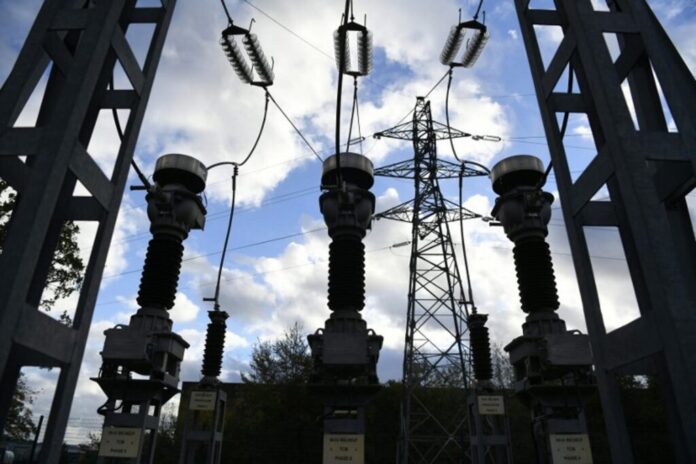Iraq’s national power grid suffered a “total blackout” on Monday, the Ministry of Electricity confirmed, as extreme summer heat and unprecedented electricity demand overwhelmed the country’s transmission infrastructure.
The outage struck at a critical time, with temperatures in Baghdad and much of central and southern Iraq climbing to 50°C (122°F). The ministry reported that two key transmission lines failed under the heavy load, triggering a chain reaction that shut down the entire national grid.
While Iraqi households have long adapted to frequent power cuts by relying on private generators, the scale of Monday’s outage left many struggling to cope amid dangerous heat levels. Air conditioning units, already stretched to their limits, fell silent, forcing families to endure sweltering indoor temperatures.
The crisis comes during one of the year’s most energy-intensive periods, with millions of Shia pilgrims converging on the holy city of Karbala for a major religious commemoration. The influx of visitors has driven up electricity consumption in the province, straining an already fragile power network.
“The unprecedented heat combined with the massive increase in demand during the pilgrimage has put our system under extreme stress,” the Ministry of Electricity said in a statement.
It added that emergency crews were working “around the clock” to restore service but warned that high temperatures and technical complications could delay the process.
Karbala’s streets remained crowded on Monday evening, with pilgrims carrying on their rituals despite the blackout. In Baghdad, shopkeepers rolled up shutters to allow what little breeze there was into dimly lit stores.
Across southern provinces such as Basra, residents sought relief near rivers and canals as air conditioners failed. Power outages are a persistent problem in Iraq, particularly in the summer months when demand regularly outpaces supply.
Years of conflict, corruption, and underinvestment have left the electricity sector vulnerable, with much of the infrastructure outdated or damaged.
Although Iraq is one of the world’s largest oil producers, its power generation capacity is hampered by technical inefficiencies, fuel shortages, and reliance on imported gas from Iran.
This latest blackout underscores the urgency of long-promised reforms to Iraq’s energy sector. The government has pledged to modernize the grid and diversify power sources, including solar projects, but progress has been slow.
For many Iraqis, Monday’s outage was a grim reminder of how vulnerable daily life remains to infrastructure failures. “We expect power cuts in the summer, but this is different,” said Ahmed, a Baghdad resident. “The whole country went dark. It feels like we are back to the worst years.”
Officials have urged citizens to conserve electricity where possible and limit non-essential use while repairs are underway. The ministry has not provided a definitive timeline for full restoration but expressed hope that partial service could resume within days.
As Iraq swelters under extreme heat, the blackout has left millions in a precarious position — caught between an unforgiving climate and an energy system struggling to keep the lights on.

